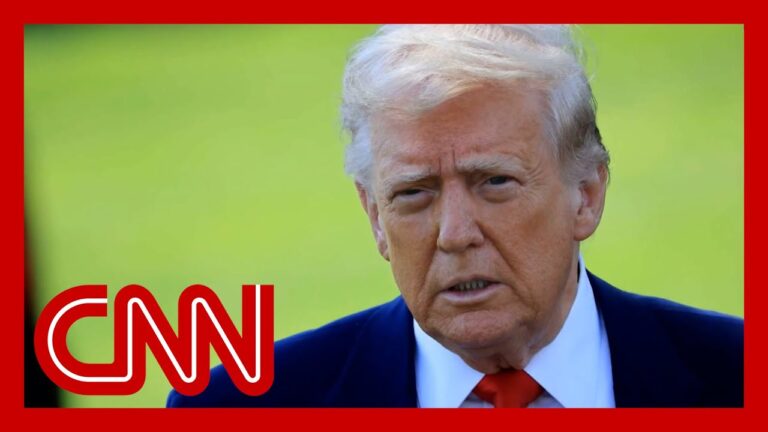Video at the bottom!
In the midst of escalating tensions in the Middle East, President Trump has urged for an immediate evacuation of Tehran, as Iran announces an ongoing wave of missile attacks targeting Israel. This marks a significant escalation, with naval forces being mobilized by the U.S. in response to the conflict, which is now into its fifth night.
U.S. Defense Secretary Pete Hegseth confirmed the deployment of additional military capabilities to the region, specifically U.S. Navy assets capable of countering ballistic missile threats. Meanwhile, the Israeli Defense Forces (IDF) reported the destruction of Iranian fighter jets and a precision strike on Iran’s state broadcasting headquarters, which they claimed was being utilized for military activities.
Iran has escalated its rhetoric, sending letters to the United Nations demanding accountability from Israel for its attacks on Iranian nuclear facilities. The language used by Iran hints at a broader accusation against the United States, which continues to support Israel.
As missile strikes and counterstrikes unfold, fears of a wider conflict loom. Israel’s Prime Minister Netanyahu echoed a sentiment of “complete victory,” asserting that military actions have significantly setback Iran’s nuclear program. However, this has not dampened the ongoing hostilities, with both sides experiencing casualties—24 reported in Israel and 224 in Iran.
Live updates from Tel Aviv highlight the urgent situation as further missile threats persist, raising alarms among residents. Amidst these developments, Israel’s consul general in New York emphasized the imperative to dismantle Iran’s ballistic missile and nuclear capabilities, underscoring the belief that negotiations under current conditions are futile.
In a discussion with former Secretary of Defense Leon Panetta, it was noted that achieving a complete dismantling of Iran’s nuclear capabilities poses profound challenges, especially concerning deeply buried facilities. Panetta remarked that aiming for regime change is equally complex, suggesting that the political landscape in Iran would remain resilient even amidst targeted military actions against its leaders. As tensions continue to escalate, the feasibility of achieving lasting stability through military intervention remains a contentious topic.


